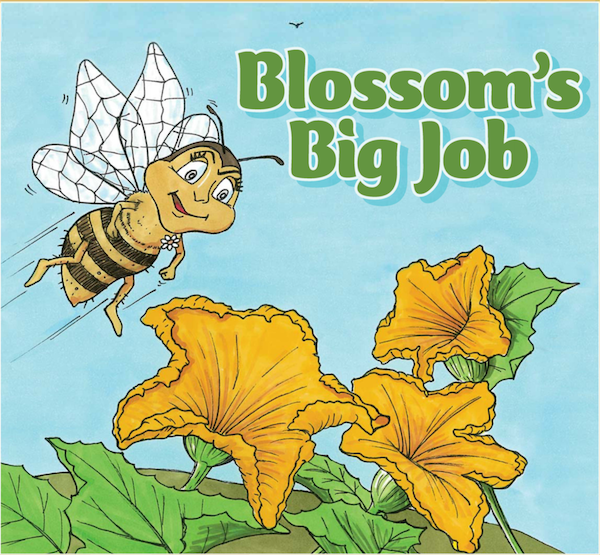Incorporating Indigenous Perspectives into your Garden Learning
It is important to acknowledge and celebrate the cultural identities of all students represented in your learning cohorts. It is particularly important in a Canadian context to acknowledge Indigenous perspectives into your classroom teaching whenever appropriate and possible.
There exists a great opportunity through working with plants and soil in your Little Green Thumbs garden, to infuse Indigenous perspectives, worldviews, experiences, stories and imagery into your student’s learning experience. Many Aboriginal worldviews are centred on observations of nature and trying to learn the lessons that plants, animals and natural systems can teach us – something we want to encourage all Little Green Thumbs students and teachers to do. Developing the ability to truly see what is happening in the environment is the fundamental skill of understanding.
The worldviews of the First Nations of Canada and Métis people, as well as their contributions to science, technology and ecology are now being acknowledged and incorporated into educational programs across the country. “Two eyed seeing” is an important concept: a western perspective has something to offer, but Indigenous perspective has equally important offerings. As educators, we must recognize and embrace the important roles we can play in addressing the need for reconciliation and overcoming the legacy of colonial and assimilation schooling.
The Truth and Reconciliation Commission of Canada (2015), has two Calls to Action that we feel are particularly important to the Little Green Thumbs program. They are to “integrate Indigenous knowledge and teaching methods into classrooms” (Action 62) and the call for “building student capacity for intercultural understanding, empathy and mutual respect” (Action 63).
When incorporating Indigenous perspectives into your garden-based learning, it is important to value Traditional Ecological Knowledge (TEK), which as has been defined as: “…the knowledge base acquired by indigenous and local people over many hundreds of years through direct contact with the environment. It includes an intimate and detailed knowledge of plants, animals and natural phenomena; the development and use of appropriate technologies for hunting, fishing, trapping, agriculture and forestry; and a holistic knowledge, or “worldview” that parallels the scientific disciplines of ecology.” (Inglis 1993)
When planning for inclusion of Aboriginal cultural concepts in teaching and learning situations, there are a few points to consider:
- It is important to recognize the diversity of Canada’s Indigenous peoples and to focus on both the traditions and contemporary lives of the Indigenous communities in your area.
- Educators are encouraged to seek the guidance of local community people who are most knowledgeable about the appropriate use of cultural concepts specific and/or unique to their communities. There may be personnel in your school district – Indigenous consultants and/or those responsible for Indigenous education – who can help find out what resources are available to assist your teaching.
- You might consider inviting an Elder or a Métis senator as a guest into your classroom to connect their knowledge with your garden. Some Indigenous keepers of knowledge are more comfortable being called ‘knowledge keepers’. Be sensitive to their preference. It is important to acknowledge visiting Elders and their knowledge, as they are recognized by their communities as esteemed individuals.
- When referencing Aboriginal content, give learners a chance to work with locally developed resources (including local knowledge keepers) wherever possible.
- Reflect on why introducing Indigenous perspectives into your teaching is important. Some reasons to incorporate Indigenous perspectives include:
- helping develop positive self-identity for Aboriginal youth by learning their own histories, cultures, traditional values and contemporary lifestyles.
- helping all students increase knowledge and understanding about the cultures, traditions and perspectives of Indigenous peoples.
- helping eliminate stereotypes that exist in mainstream and non-mainstream cultures.

